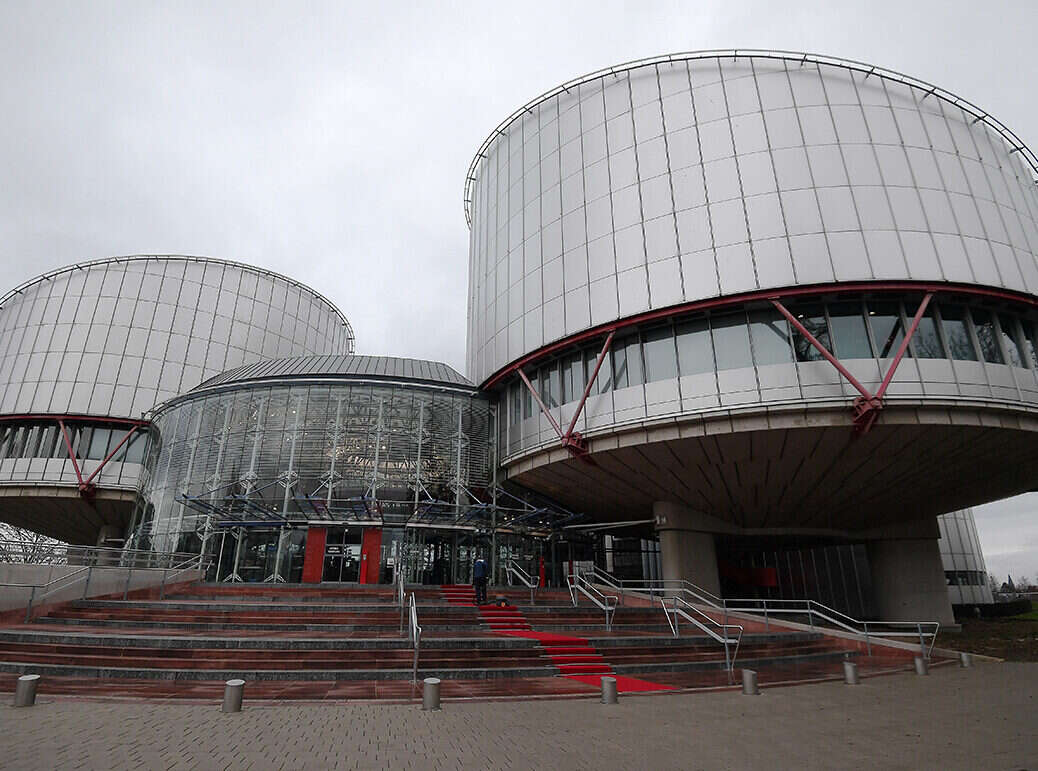
The UK violated a journalist’s freedom of expression rights when she was arrested in a harassment row with another journalist, the European Court of Human Rights has ruled.
Rita Pal, a former psychiatrist turned NHS whistleblower who became an independent registered journalist, has been awarded €2,500 (£2,127) in damages and €1,400 (£1,191) in costs and expenses for her court fight.
She was arrested and detained for seven hours in 2014 after writing an article about a barrister and journalist (referred to as AB) who wrote for Private Eye, with whom she had a long-running dispute.
The pair had exchanged a series of email allegations and AB made a complaint about Pal to the Metropolitan Police in July 2011, resulting in her being served with a prevention of harassment letter which informed her of the complaint and warned of the possible consequences of continuing to act in the same manner.
In 2014 Pal published an article on her website, the World Medical Times, headlined “[AB] of Patients First”, detailing allegations about his work. Patients First is a group that works to protect whistleblowers.
In response AB emailed Pal, who complained to West Midlands Police. The force in turn told AB to make any complaint to the website and not to her directly.
Several months later Pal posted a series of tweets incorrectly suggesting police had issued a harassment warning about “Private Eye’s journalist” without naming him but appearing to refer to the same man. AB then provided police with a statement detailing the “acute anxiety” caused by Pal’s behaviour over a number of years, saying the information she had published about him was “largely false”, “twisted, spiteful and bizarre”, and had affected his career.
Pal was arrested on suspicion of harassment, handcuffed and driven from Birmingham to London where she was detained for seven hours before being bailed. A month later she was charged with harassment.
After she first appeared at a magistrates’ court and pleaded not guilty, the Crown Prosecution Service discontinued the charge on the grounds there was insufficient evidence to establish a realistic prospect of a conviction.
The CPS file review said her article was “an informative piece” which was “derived simply from other information within the public domain” and “presented by a journalist with a view to present facts than [sic] that must be permitted with freedom of speech rights under art 10”. The CPS also said the tweets could not constitute harassment as they did not mention AB by name.
European judges found that neither the arresting officer, the officer responsible for deciding to charge Pal, nor the domestic courts balanced her right to freedom of expression and either AB’s right to respect for his private life and reputation or the need to prevent disorder or crime.
They said the reasons given by the UK authorities to justify interfering with Pal’s Article 10 freedom of expression rights were “neither relevant nor sufficient”.
The arresting officer had told the court she considered Pal’s Article 10 rights when deciding the arrest was necessary but discounted them because AB argued what had been written about him had affected his privacy. The court noted, however, that no record was made of this weighing up.
The ECHR judges added that the arresting officer’s conclusion “appears to have been based on the subjective viewpoint of AB himself, without any acknowledgement of the fact that the right to freedom of expression extends to information or ideas that offend, shock or disturb”.
Also not taken into account were the subject matter of the article and tweets, whether they could be said to have contributed to a debate of general interest or were true.
In addition there was no consideration given to AB’s prior conduct, whether his activities as a journalist mentioned in the article and tweets were private or public and should be “subject to wider limits of acceptable criticism than ordinary citizens”, or whether the attack on his reputation “attained a sufficient level of seriousness and caused prejudice to his personal enjoyment of the right to respect for his private life”.
Pal had argued that her work was in the public interest as AB wrote about whistleblowing in the medical sector and she was concerned he did not declare relevant associations and conflicts of interest which readers had an interest in knowing about.
She said the article in question was factual, did not contain “gratuitously abusive or insulting” language, and that AB had not provided any objective evidence to the police of it having an impact on his health or income.
Conversely the UK Government had argued that Pal’s arrest and charge were legitimate and not a disproportionate interference with her Article 10 rights.
It had argued: “The protection afforded to journalists was subject to the proviso that they acted in good faith in accordance with the tenets of responsible journalism.
“Journalists could not, however, claim exclusive immunity from criminal liability for the sole reason that the offence was committed during the performance of their journalistic function. In the present case, the applicant had not demonstrated how the article and tweets could have contributed to any public debate on legitimate subjects such as whistleblowing. Rather, the publications related to her dispute with AB and had limited, if any, public interest.
“Furthermore, the applicant’s work was not disadvantaged in any significant way since at no material time was she prevented from reporting on matters other than AB.”
Picture: Frederick Florin/AFP via Getty Images
Email pged@pressgazette.co.uk to point out mistakes, provide story tips or send in a letter for publication on our "Letters Page" blog
